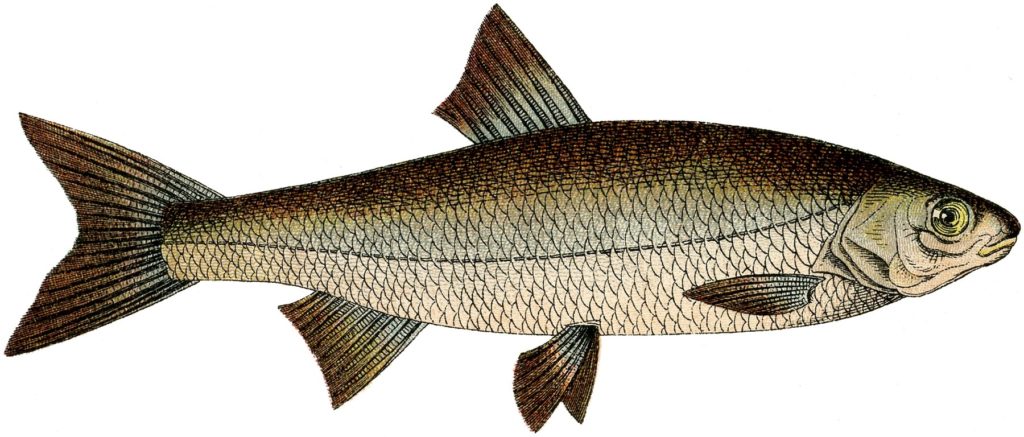Norman’s Normal

My elderly neighbor, Ed, has a pet fish, Norman, who lives in a thirty-inch-long aquarium. Beige and white speckles adorn the classic-looking fish that seems to have no exotic pedigree. But Norman excels at eating and growing. In the past year, he’s expanded to about eleven inches long. My nine-year-old daughter, Grace, loves to visit Norman, but lately, she worries that the fish doesn’t have enough room. I admit it’s pathetic to see Norman navigate his muscular body one direction for five seconds, then abruptly make a U-turn and repeat the pattern endlessly.
Ed agrees that Norman needs a bigger aquarium and, at last, the day arrives when he has installed it and he invites the neighbors to come witness Norman’s great transfer to a larger home. I half expect to see Norman leap and splash with joy. For the last time, we think, we watch Norman make his five second laps. We’re excited to know he will soon be in fish heaven with a seven-foot-long tank to explore and enjoy. Our sloppy grins grow wider as Ed starts the aerating bubbles cheerfully burbling. Ed brandishes a large net to capture Norman and lift him into new waters. Grace hops around in excitement.
With cheers from the crowd, Ed gently transfers Norman into his new environs and we watch, riveted, expecting to see him wander and explore a new place, possibly with a fishy grin on his face. But, instead, to our amazement, Norman resumes his old thirty-inch circuits, as if locked in an invisible cage. We’re stunned. Grace asks what we all wonder, “When’s he gonna’ swim everywhere, Ed?”
“Well, I guess he has to get used to this strange new place,” Ed says, pulling on his short beard.
Every evening, Grace and I check in with Norman. For the next seven days, the fish swims his five second rounds. As I watch Norman, I wonder if I might be stuck in habit patterns. Although working and raising my daughter consumes my days, maybe a larger horizon is right in front of me and I don’t see it.
Meanwhile, the pandemic strikes. Instead of contemplating larger vistas, all at once, we’re on lockdown. Our house becomes our world. Grace stops going to school and I work from home. We’re Norman in reverse, hunkering down into a tinier space, all of us probably equally stunned by a sudden turn of events.
Knowing a deadly virus lurks outdoors, Grace and I become more grateful for our home, a small townhouse, but perfect for us. We haul out our board games and experiment with bread-making, expanding our homely activities. Although we complain and miss our friends, we know we must adapt. Eventually, our small universe becomes enough, and we feel protected here, perhaps similar to Norman with his short laps.
We call Ed to check on Norman and him. Grace wants to hear details directly from Ed while he’s looking at the beloved fish. Ed loves gadgets and, within a week, he set up Zoom so Grace can watch Norman on her tablet. With resignation, we’d begun to accept that Norman may be an unusually conservative fish and might never change.
But, in the third week, the miracle occurs. Norman ventures an inch or two out of his usual routine. A few days later, he goes three more inches. And so he progresses. He keeps increasing the number of inches per week as he seems to gain confidence. Within two months, he swims the full seven foot length of his new home.
Ed puts Norman on Zoom for the whole neighborhood to see and we all cheer. It feels great to celebrate good tidings even though the fish’s new world expands while ours contracts. Our neighbors adjust to the lockdown, just as we do. Although lucky Norman journeyed on an opposite trajectory than the humans around him, in the end, we all adapt.
As the pandemic lockdown releases its grip bit by bit, Norman becomes a noble example to us with his patient and careful expansion into a larger world.

Cate Burns is the author of Libido Tsunami: Awash with the Droll in Life, in which she unearths the ludicrous in the emotional live traps surrounding us — in families, friends and disastrous romances. Get it on Amazon today.
